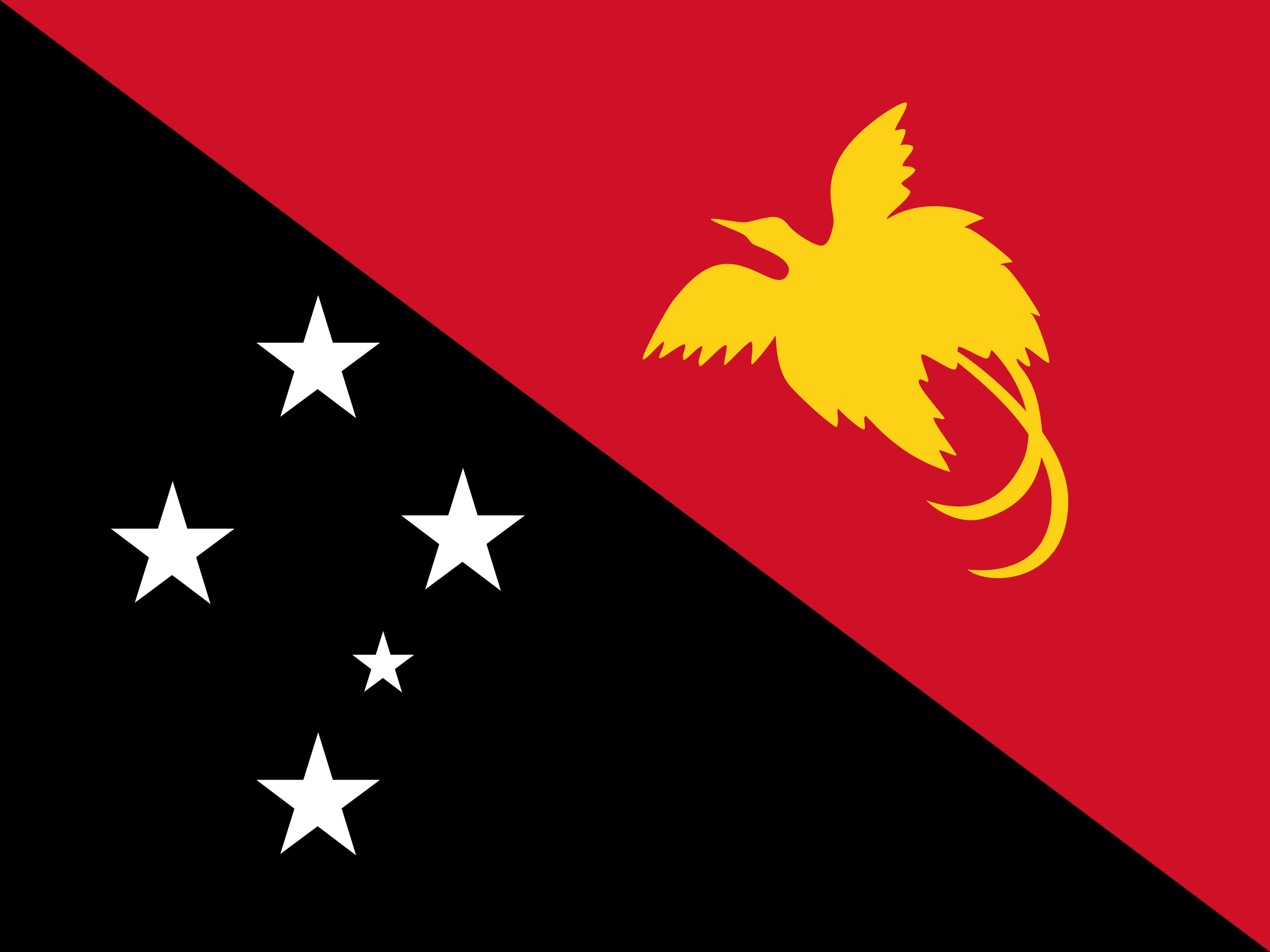China, Papua New Guinea in talks on policing, security cooperation - minister
Papua New Guinea is in early talks with China on a potential security and policing deal, Foreign Minister Justin Tkachenko told Reuters, weeks after deadly riots in the South Pacific nation's capital. Amid jostling between Washington and Beijing for influence in the Pacific, the biggest Pacific Islands nation, Papua New Guinea (PNG), has previously said Australia and the United States are its security partners, while China is an important economic partner.

Papua New Guinea is in early talks with China on a potential security and policing deal, Foreign Minister Justin Tkachenko told Reuters, weeks after deadly riots in the South Pacific nation's capital.
Amid jostling between Washington and Beijing for influence in the Pacific, the biggest Pacific Islands nation, Papua New Guinea (PNG), has previously said Australia and the United States are its security partners, while China is an important economic partner. China approached PNG in September with an offer to assist its police force with training, equipment and surveillance technology, Tkachenko said in an interview with Reuters on Monday. Talks continued last week.
"We deal with China at this stage only at economic and trade level. They are one of our biggest trading partners, but they have offered to assist our policing and security on the internal security side," Tkachenko said. PNG will assess if the Chinese offer duplicates security and policing assistance already being offered by Australia and the United States, he said.
"It is still in early stages of negotiation with our Commissioner of Police and our Minister of Internal Security," he said. "They have offered it to us, but we have not accepted it at this point in time."
China's foreign ministry did not immediately respond to a request for comment. China is a "strong economic partner" of PNG, and the two nations formed diplomatic ties in 1975, Tkachenko said.
PNG signed a A$200 million ($132 million) security deal with Australia last month to boost policing, and days later Prime Minister James Marape told an investment conference in Sydney that he had not held talks with China on security when he visited Beijing in October. PNG had chosen Australia and the United States as security partners, he said.
Riots in the PNG capital Port Moresby earlier in January left at least 16 dead, with major retail stores burnt and looted, after police held a strike over pay. Marape's government called in the PNG defence force to restore order, but didn't seek Australia's help. China's embassy complained to PNG over the safety risk to Chinese citizens living in Port Moresby.
PNG struck a Defence Cooperation Agreement with the United States during a visit by U.S. Secretary of State Antony Blinken in May, giving the U.S. military access to PNG ports and airports. Tkachenko said PNG would not do anything to jeopardise its defence and security relationships with Australia or the U.S., and was not a "fence-sitter".
Riots in neighbouring Solomon Islands in 2021 saw China strike security and policing pacts with Manasseh Sogavare's government a year later, alarming Washington and Canberra. Australia's Pacific Minister Pat Conroy pledged A$35 million in policing assistance to neighbouring East Timor on Monday during an official visit, amid concern in Canberra that Beijing is again aggressively targeting the police and security sectors in the Pacific.
Conroy will on Tuesday visit Nauru, which switched diplomatic ties from Taiwan to Beijing this month. ($1 = 1.5179 Australian dollars)
(This story has not been edited by Devdiscourse staff and is auto-generated from a syndicated feed.)
ALSO READ
Pope Appoints Progressive Ally as Washington Archbishop Amidst Political Shifts
Pope Appoints New Progressive Cardinal for Washington D.C.
Trump Denies Tariff Policy Retraction in Wake of Washington Post Report
Capitol in Crisis: Snow Storm Challenges Washington's Security Overdrive
Nation Bids Farewell to Former President Carter at Washington National Cathedral










